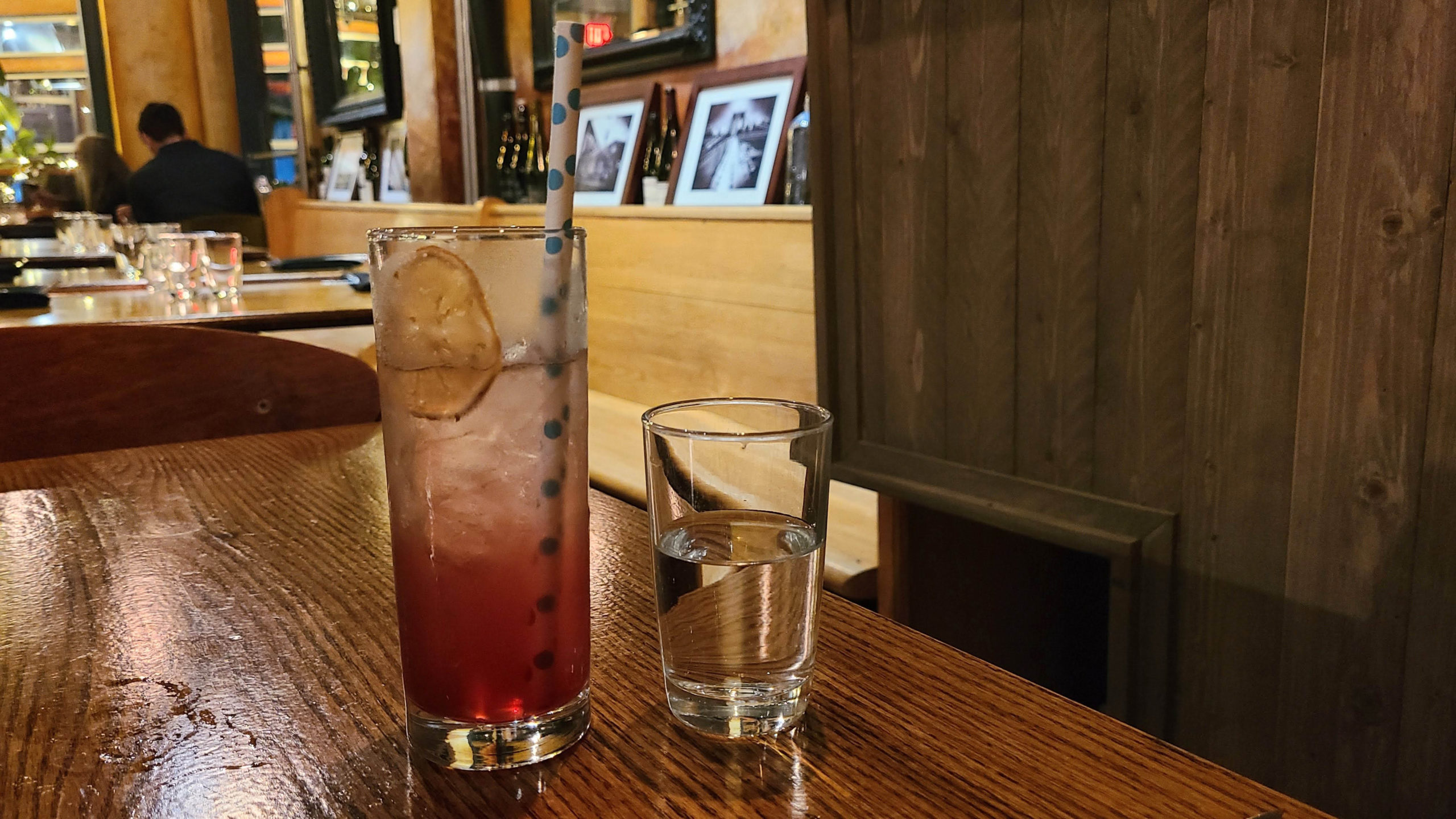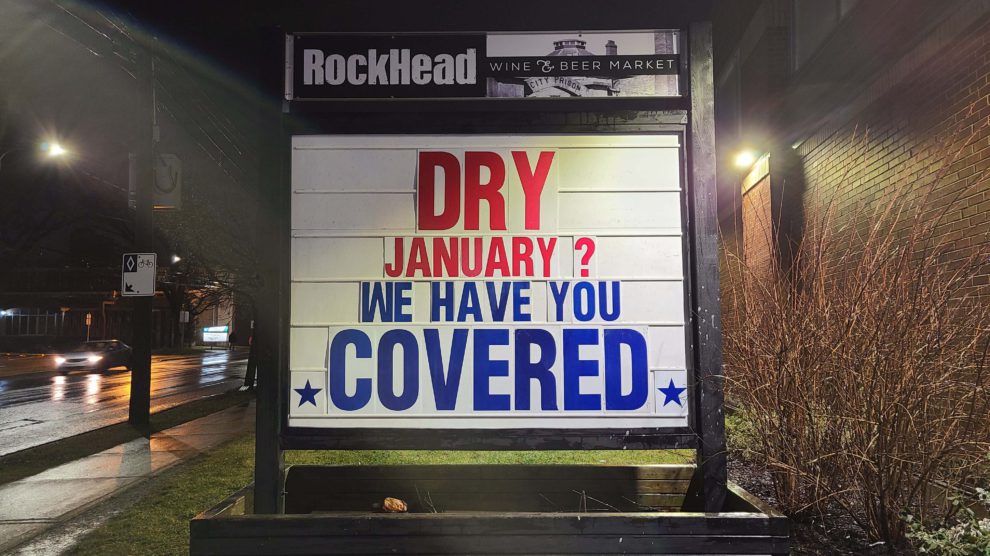Drink less alcohol or risk cancer and disease, new Canadian report says
Halifax sobriety educator shares advice on how to reduce alcohol intake

caption
The Currant Affairs mocktail (left) is on the menu of The Brooklyn Warehouse restaurant in Halifax.A report released on Tuesday raised alarms about the risks of alcohol consumption, saying “no amount or kind of alcohol is good for your health.”
The Canadian Centre on Substance Use and Addiction published the new guidance, which classifies drinking two or fewer standard drinks per week as low risk and seven or more as “increasingly” high risk.
According to the report, alcohol is a carcinogen and “causes nearly 7,000 cases of cancer deaths each year in Canada.” The report also said alcohol “is a risk factor for most other types of cardiovascular disease, including, hypertension, heart failure, high blood pressure, atrial fibrillation and hemorrhagic stroke.”
The report found that “liver disease is on the rise in Canada, and alcohol is one of its main causes.”
The previous guidelines published in 2011 said long-term health risks could be reduced by drinking 10 or fewer standard drinks per week for women and 15 or fewer for men.
Halifax-based Lee-Anne Richardson is the creator of the resource website Sober City and has not consumed alcohol in almost nine years.
She said the new guidelines align with risks she understands from her experiences with problematic drinking. “I realized that if I didn’t stop, then I was honestly going to die,” she said.
Richardson said those who are looking to reduce their alcohol intake can now more easily find non-alcoholic beverages in the city.
“So many more menus are showing non-alcoholic options,” she said. Richardson said this is important because people who don’t drink feel isolated when they can’t participate in social events involving alcohol.
One Halifax restaurant with a dedicated non-alcoholic menu section is The Brooklyn Warehouse. Owner George Christakos said he does not want non-alcoholic options to be an afterthought.
“You want to be able to make sure that there’s something food-wise or drink-wise that everyone is comfortable with,” he said.
Richardson recommends that people looking to cut back track how much they drink each week. From there, behaviours can be compared to the new guidelines. She said people can reduce their intake gradually and replace some alcohol consumption with non-alcoholic options like mocktails.

caption
An outdoor sign beside the Sobey’s grocery store on the corner of North and Windsor Streets in Halifax promotes non-alcoholic products to people looking to abstain.Christakos said offering non-alcoholic beverages makes business sense too. If a customer is pregnant or having a dry month, they can see the restaurant has thought of people like them.
“That, I think, builds the goodwill so that that customer is going to come back,” Christakos said.
The Ottawa-based centre is an advisory body that reports to the federal minister of health. The updated guidelines were developed by an expert panel of researchers and public health representatives from the federal and provincial governments.
About the author
Andrew Lam
Andrew Lam (they/she) is a Chinese and trans journalist interested in labour, LGBTQIA+, and political stories. They hope to leverage their data...
